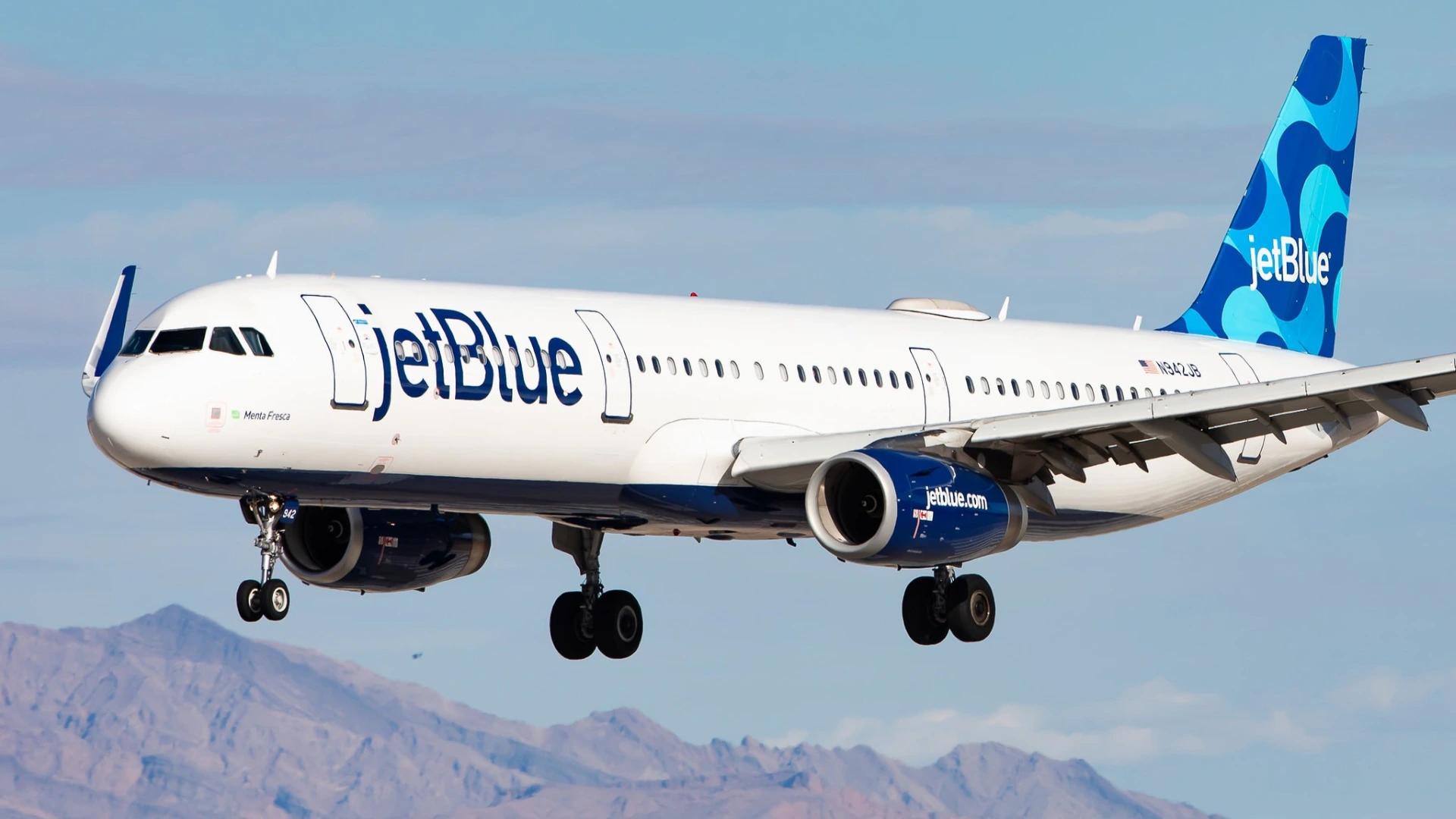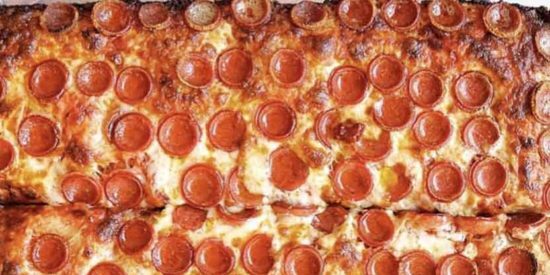Summary:
Reservation ghosting is surging in NYC, causing significant financial problems for restaurants.
No-shows are estimated at 20% citywide, impacting already slim profit margins.
The trend is driven by overbooking and a growing black market for reservation scalping.
OpenTable is implementing deposit requirements and tracking no-shows to combat the issue.
The consequences may include higher prices for diners due to revenue losses for restaurants.
NYC Restaurant Reservation Ghosting: A Growing Problem
<img src="https://images.foxtv.com/static.fox5ny.com/www.fox5ny.com/content/uploads/2024/12/932/524/dg5-reservation-ghosting_wnyw22ab_146_mxf_00.01.09.18.jpg?ve=1&tl=1" alt="Image of a restaurant">The practice of making restaurant reservations and then not showing up, known as "reservation ghosting", is on the rise in New York City. This trend is causing significant financial strain on restaurants, which already operate on thin profit margins (around 10% for the best establishments). According to Resy and OpenTable, no-shows account for a staggering 20% of reservations citywide.
The Reasons Behind the Ghosting
Several factors contribute to this problem:
- Overbooking: People are making multiple reservations at different restaurants to ensure they secure a table at a popular spot, then canceling the rest.
- Reservation Scalping: A growing secondary market exists where reservations are booked and resold online, often at inflated prices. While this is illegal, the bill to fully address this issue remains unsigned by Governor Kathy Hochul.
What Restaurants Are Doing
Some solutions are being implemented:
- OpenTable Deposits: OpenTable is introducing deposit requirements for reservations, claiming it reduces no-shows. However, many restaurants are hesitant to implement fees due to the fear of alienating customers.
- Tracking No-Shows: OpenTable is tracking no-shows and flagging repeat offenders, making it more difficult for them to secure future reservations at popular restaurants.
The consequences of reservation ghosting are potentially far-reaching. The increased no-shows could lead to higher prices for diners as restaurants struggle to compensate for lost revenue.




:max_bytes(150000):strip_icc():focal(703x160:705x162)/haggler-after-midnight-suspect-nypd-011525-3-ccd0007f42db40f3b14efedabc3ac675.jpg)




Comments
Join Our Community
Create an account to share your thoughts, engage with others, and be part of our growing community.